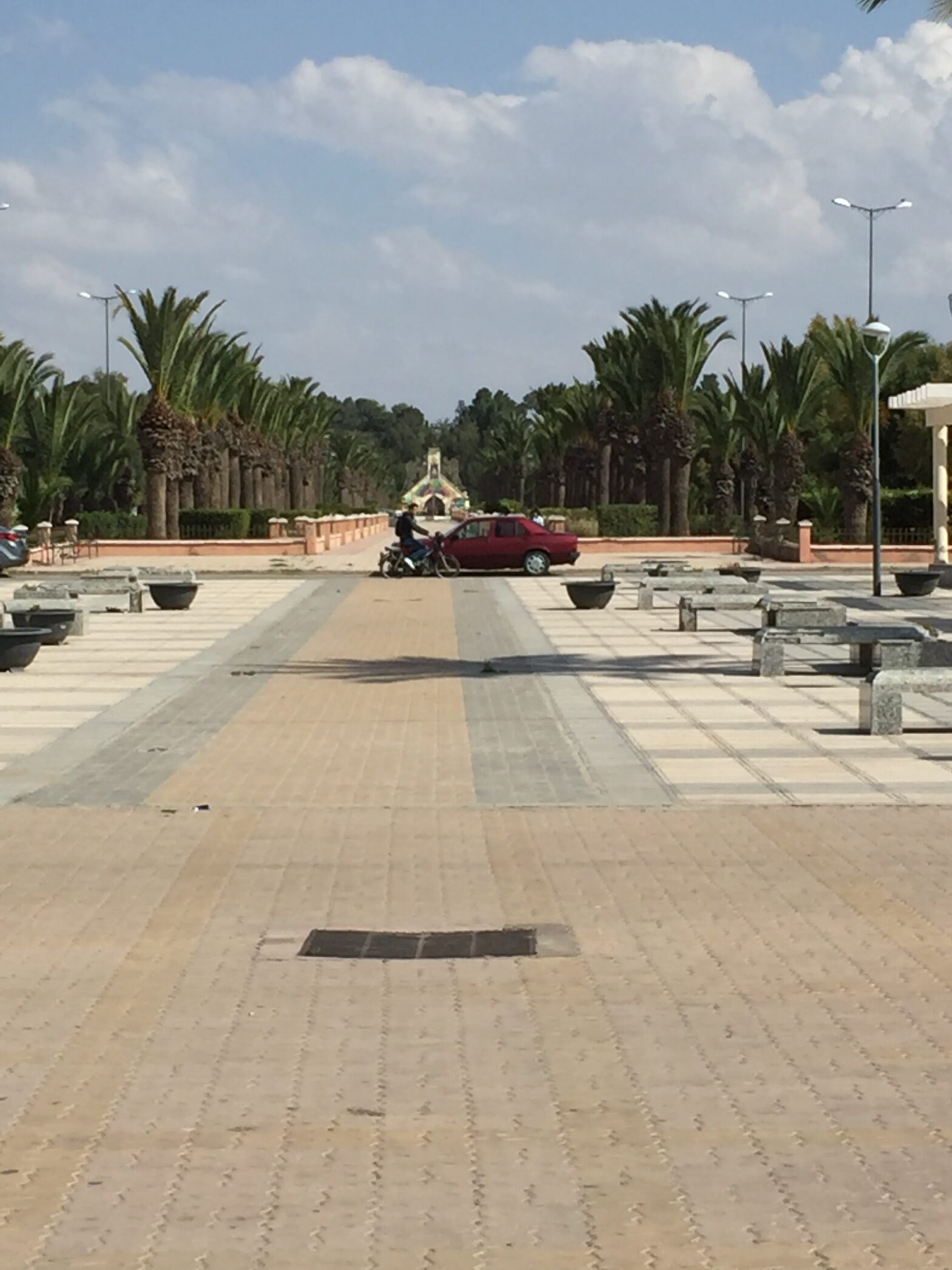Here we go again. We are going to look at 5 Common expressions in Darija. These phrases span through various topics. As with all my phrases, nouns, and verbs, they can be found in the members section in an easy to use searchable screen. We are going to do some analysis into each of the phrases and try to make sense of each of the 10 Common expressions in Darija. By the end of this article the reader will not only be able to understand each of the phrases but they will be able use modify the sentences to come up with their own phrases as well.
Requirements
Beginner
If you are beginner at the end of this article, I would like you to do the following
- Identify the verbs in each of the phrases
- Create some sentences replacing the nouns with nouns you know
- Send me a voice recording of you saying each of the phrases. (I’ll assess the pronunciation).
Intermediate
If you are an intermediate learner, I would like you to do the following
- Identify and conjugate each verb in the phrases
- Create sentences changing each of the verbs changing tenses, personal pronouns, etc…
- Create a three sentence dialogue, with the phrases in at least one of the sentences
- (Optional), Send me a voice recording with each of the phrases. I’ll send you a voice recording with a response and you can respond to the response with another voice recording.
Common expressions in Darija
l-3am lfayt maTaHsh ttelj f bruksil
Last year it didn’t snow in Brussels.
Analysis: The literal meaning of phrase is The past year, the snow did not fall in Brussels. l-3am lfayt is translated to last year. We now in Darija, adjectives come after the nouns. Also we see that telj (snow) comes after the verb.
mlli kan Shri l-Hwaij Kay jiwni kbar
When I buy clothes, they are too big for me.
Analysis: The literal meaning is: When I buy the clothes, they come to me big. You will find a lot of times, Darija will use the verb to come to describe something, especially with clothes.
Ana khSni nmshi Daba l ssou9
I have to go to the market now.
Analysis: The literal meaning is: I need to go now to the market. Technically, there is not definition for have in Darija in this context. In order to create the sentence you need to replace the word have with either need (khS) or must (wjb). If you notice the placement of Daba (now), you see it’s in the middle. I found that you can also put this word in front or the back and it would still be valid. Ana which is translated to I, is not needed in the sentence. khSni is translated to I need so it could be omitted. Ana is included in the sentence for emphasis.
mlli bghina nmshiw, mshina f Taxi
When we wanted to go, we went by taxi.
Analysis: One thing I want to point out is the verb to want in Darija is conjugated the same way in past or present tense. In order to tell the difference you need to look at the entire sentence.
w mlli rje3na, rje3na f l-kar
and when we came back, we came back by bus.
Analysis: Notice the F in the phrase. Normally F is a preposition that means in. In Darija certain verbs will only work with certain prepositions and the prepositions will derive new translations based on the sentences. So in the phrase F is translated as by instead of in.


